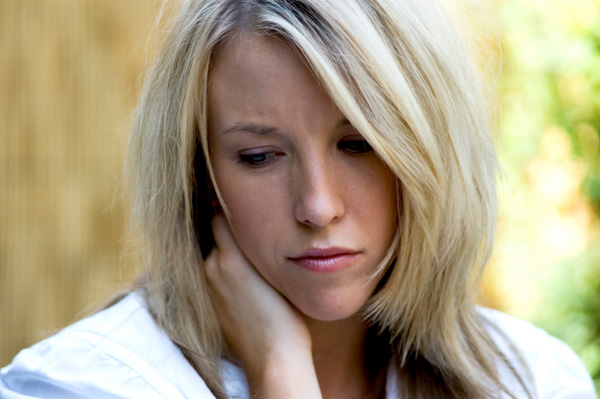 One of the most common questions we receive is “Why do victims sometimes return to or stay with their abuser?” A better question is, “Why does the abuser choose to abuse?”
One of the most common questions we receive is “Why do victims sometimes return to or stay with their abuser?” A better question is, “Why does the abuser choose to abuse?”
The deck is stacked against the victim when confronted with leaving or not. There are many different factors that can hinder a victim from leaving their abuser, including:
Love – An abuser rarely shows signs of violence in the beginning of a relationship, and once two people fall in love it can be very hard to let go.
Hope – Happy memories blended with promises of a change from the abuser creates hope that the abuse will stop.
Denial – Admitting that someone they love is hurting them can be very hard.
Blame – Abusers may blame the victim for the abusive behavior and make them feel like they are responsible and they deserve it.
Hopelessness – Victims may believe that they will never find a better partner that can make them happy.
Financial dependence – Victims may depend on their partner for financial support to survive.
Rescue complex – By staying, victims may think they can “fix” their partner and save them from their own abusive behavior.
Children – If a victim and their abuser have children together, they may think that having two parents are better than one for the children.
Guilt – The abuser may make the victim feel guilty for how much it would hurt him or her if they left.
Embarrassment and shame – The victim may not want people to know what is going on due to fear of embarrassment and they choose to stay in order to keep the abuse a secret.
But in most cases, violence, and the sheer terror of it, is one of the principle reasons why victims don’t leave. When domestic violence victims attempt to leave the relationship, the abuse almost always escalates as the perpetrator attempts to regain control. The most serious domestic violence injuries and a majority of domestic violence homicides occur as a victim attempts to leave or after she/he has left.
The victim knows these dangers. They know them because they’ve already experienced the violent responses when they’ve attempted to assert themselves, even minimally, within the relationship. They know because the perpetrator has usually threatened precisely what they intend to if they try to leave.
Deciding to end an abusive relationship has risks. A victim has a lot to consider for her or his own safety (and the safety of their children). When a victim decides to leave, it can be safer if they get support. There is help available! Hubbard House, the domestic violence center serving Duval and Baker counties in Northeast Florida, is available 24 hours a day, seven days a week, 365 days a year, to help victims learn about their options and plan for safety.
If you or someone you know is in an abusive relationship please call the Hubbard House 24-hour domestic violence hotline at (904) 354-3114. Hubbard House can help.
Other domestic violence shelters in Northeast Florida include:
Clay County: Quigley House, 904-284-0061 24-hour hotline
NassauCounty: Micah’s Place, 877-228-7388 or 904-225-9979 24-hour hotline
St. Johns County: Betty Griffin House, 904-824-1555 24-hour hotline
If one of these shelters does not serve your county please call the Florida Domestic Violence Hotline at 800-500-1119.
ABOUT HUBBARD HOUSE: Founded as the first domestic violence shelter in Florida in 1976, Hubbard House is a certified, comprehensive domestic violence center providing programs and services to more than 5,000 women, children, and men annually in Duval and Baker counties. While Hubbard House is most known for its emergency shelter, the agency also provides extensive adult and youth outreach services, school-based education, therapeutic childcare, batterers’ intervention programs, court advocacy and volunteer and community education opportunities. Visit www.hubbardhouse.org to learn more.
By Ashley Johnson Scott
